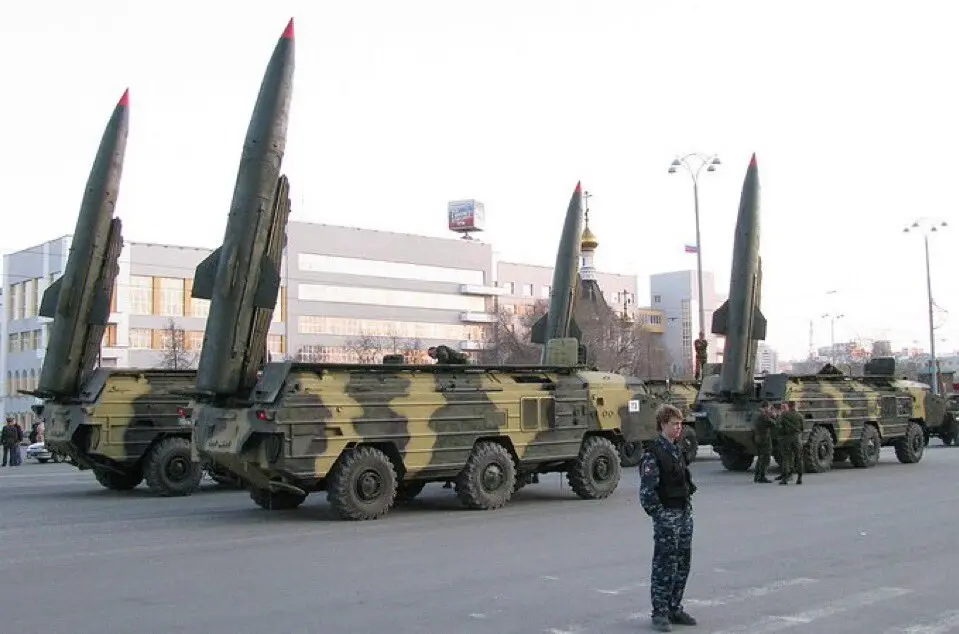
Russia has warned NATO that any attempt to shoot down its military aircraft could lead to a full-scale war (photo-X@World_At_War_6)
What Russia’s WW3 Warning to NATO Means for Global Peace
| By Rapid Updates News Team
Russia’s Threat: A Chilling Message to NATO
In a bold and alarming statement, Russia has warned NATO that any attempt to shoot down its military aircraft could lead to a full-scale war. The Kremlin’s message, delivered through official channels and echoed by senior Russian officials, has sent shockwaves across Europe and beyond. The warning comes amid rising tensions over airspace violations, military drills, and ongoing conflicts in Eastern Europe.
Russian spokesperson Dmitry Peskov stated, “Any hostile action against our aircraft will be considered an act of war. We will respond with all necessary force.” This statement was interpreted by many analysts as a direct reference to NATO’s recent discussions about enforcing airspace restrictions near the Baltic and Black Sea regions.
The warning has reignited fears of a possible World War 3 scenario, especially as NATO continues to expand its presence near Russian borders. With both sides conducting military exercises and surveillance missions, the risk of accidental or intentional confrontation is growing.
Why This Warning Matters: The Risk of Escalation
Russia’s warning is not just a political statement—it’s a strategic signal. By declaring that shooting down a Russian plane could trigger war, the Kremlin is drawing a red line. This tactic is meant to deter NATO from taking aggressive actions, but it also raises the stakes dramatically.
Military experts say that such warnings are part of psychological warfare. They are designed to create fear, confusion, and hesitation among NATO leaders. However, they also increase the risk of miscalculation. If a NATO pilot accidentally engages a Russian aircraft, the consequences could be catastrophic.
The situation is further complicated by ongoing conflicts in Ukraine and tensions in the Arctic. Russia has increased its patrols and surveillance missions, while NATO has responded with joint drills and air defense systems. The skies over Eastern Europe are becoming more crowded and dangerous.
In recent months, there have been several near-misses between NATO and Russian jets. These incidents, though not fatal, highlight how close the world is to a potential flashpoint. A single mistake could lead to retaliation, escalation, and possibly war.
Global Reactions: Concern, Condemnation, and Calls for Dialogue
Russia’s WW3 Warning to NATO – The international community has responded with concern and caution. Leaders from Germany, France, and Canada have urged both Russia and NATO to avoid provocative actions and return to diplomatic talks. The United Nations has called for restraint and emphasized the importance of maintaining open communication channels.
U.S. officials have stated that NATO will continue to defend its members and uphold international law. However, they also stressed that no one wants war. “We are committed to peace, but we will not be intimidated,” said a Pentagon spokesperson.
Meanwhile, countries like China and India have called for neutrality and de-escalation. They warned that any conflict between Russia and NATO would have global consequences, affecting trade, energy supplies, and regional stability.
Social media has also exploded with reactions. Hashtags like #WW3Warning, #RussiaNATO, and #GlobalPeace are trending, with users expressing fear, frustration, and hope for resolution. Many are calling on world leaders to prioritize diplomacy over aggression.
What Happens Next: The Path Forward for Peace or Conflict
The future remains uncertain. Russia’s warning has raised the temperature, but it has also opened the door for dialogue. Some analysts believe that the Kremlin is using strong language to gain leverage in negotiations. Others fear that Russia may be preparing for a more aggressive stance.
NATO, on the other hand, must balance deterrence with diplomacy. It cannot appear weak, but it also cannot afford to provoke a nuclear power. The alliance is likely to increase surveillance and defensive measures while seeking backchannel talks with Moscow.
Experts suggest that both sides should establish clear communication protocols to avoid misunderstandings. Military hotlines, joint monitoring missions, and third-party mediation could help reduce the risk of accidental conflict.
The world is watching closely. Every move, every statement, and every flight path matters. The stakes are high, and the margin for error is small. Whether this warning leads to war or peace depends on the choices made in the coming weeks.
For now, the message is clear: the skies are tense, and diplomacy is more important than ever. The world must act wisely to prevent a crisis that could change history.